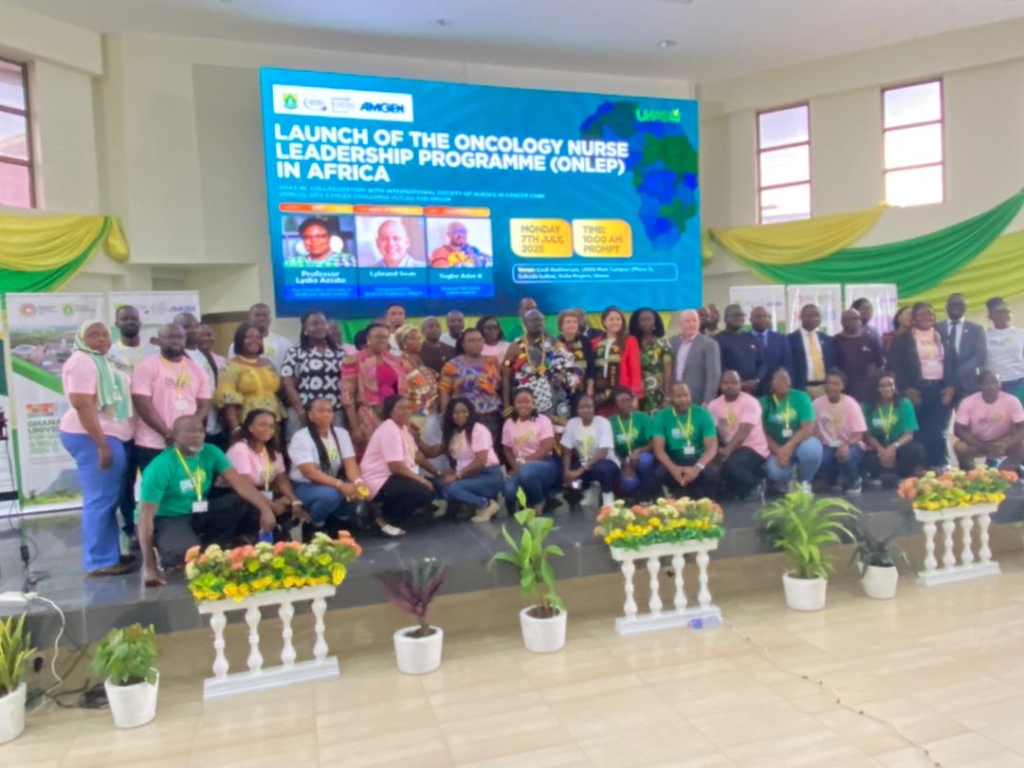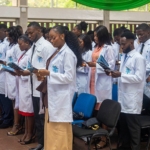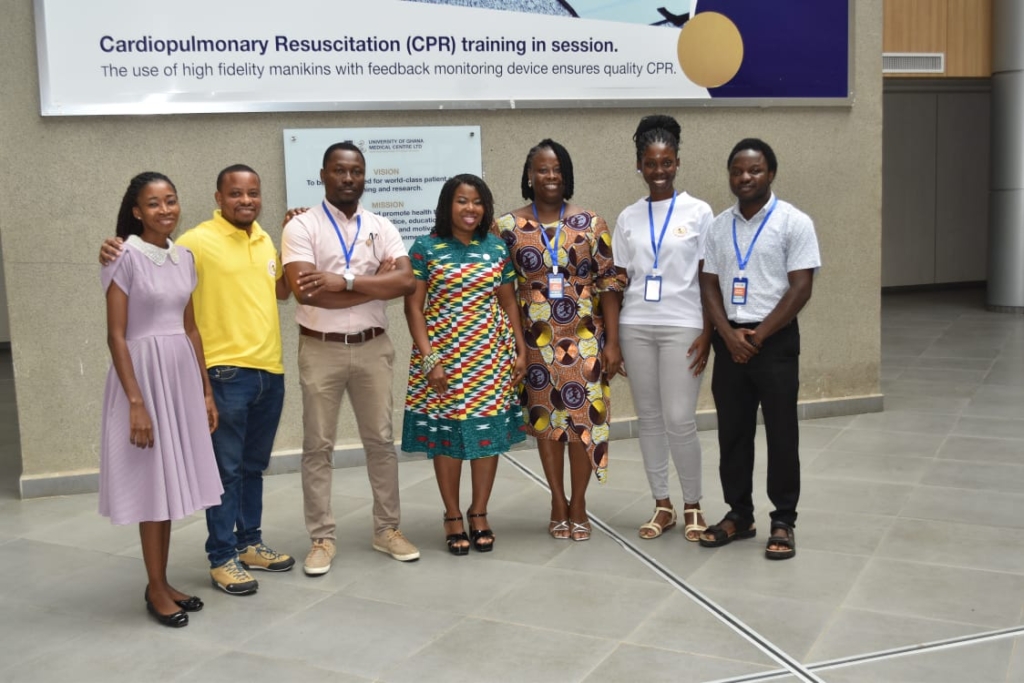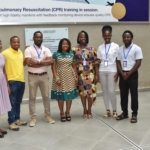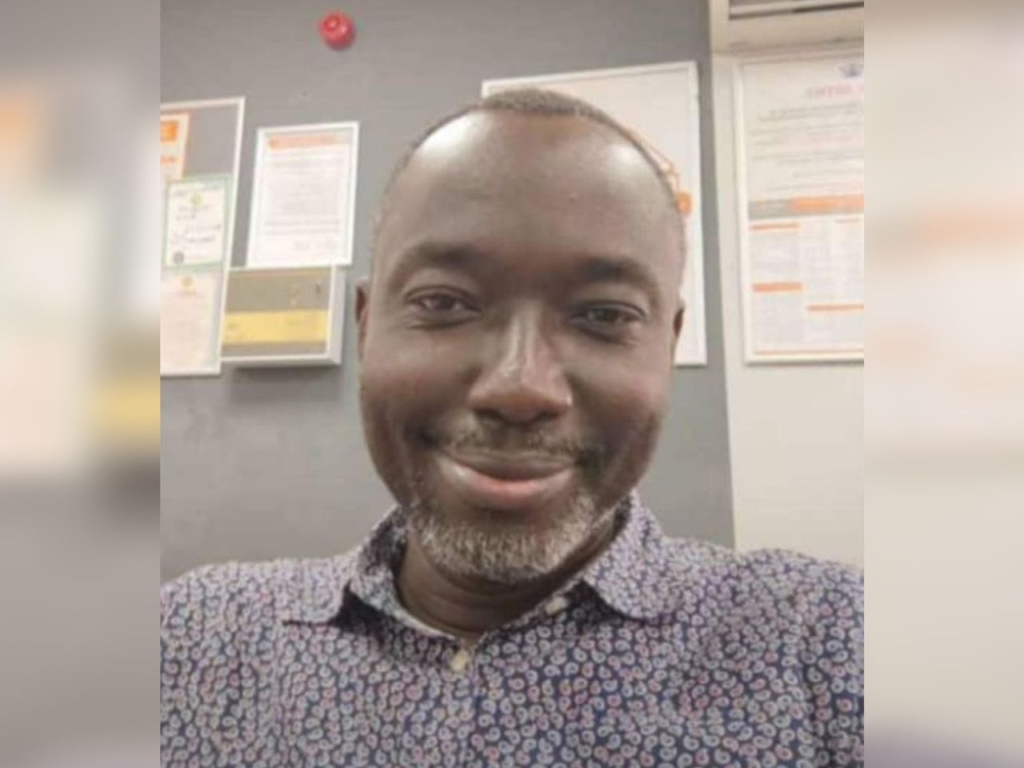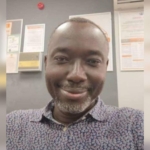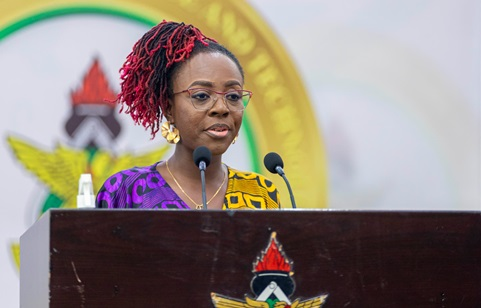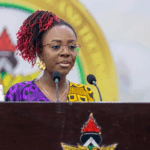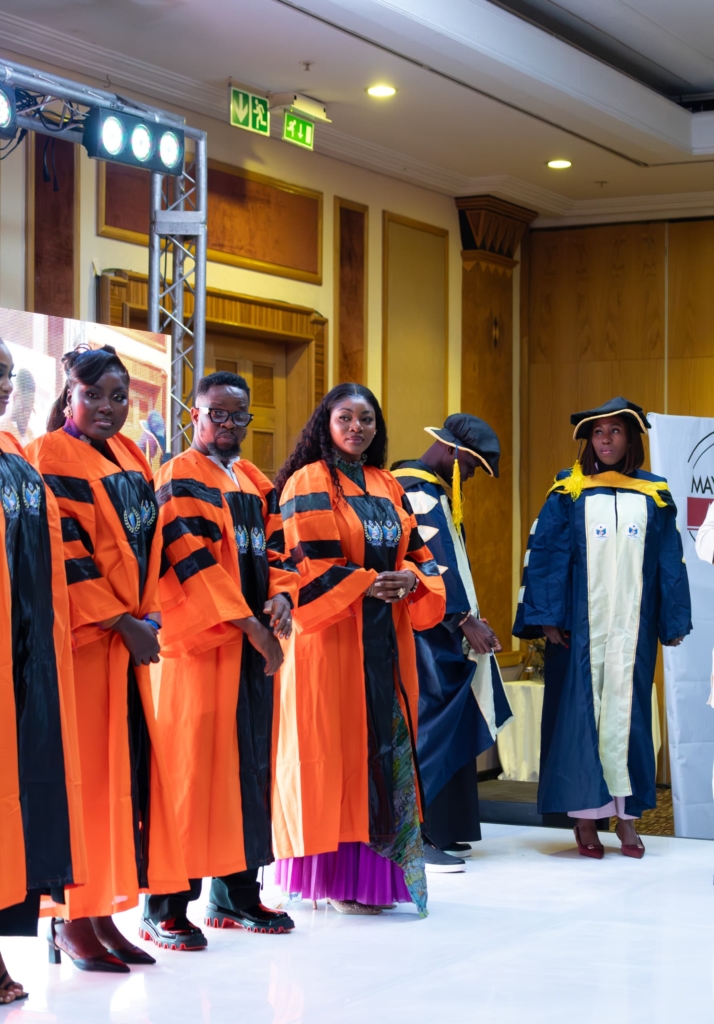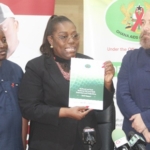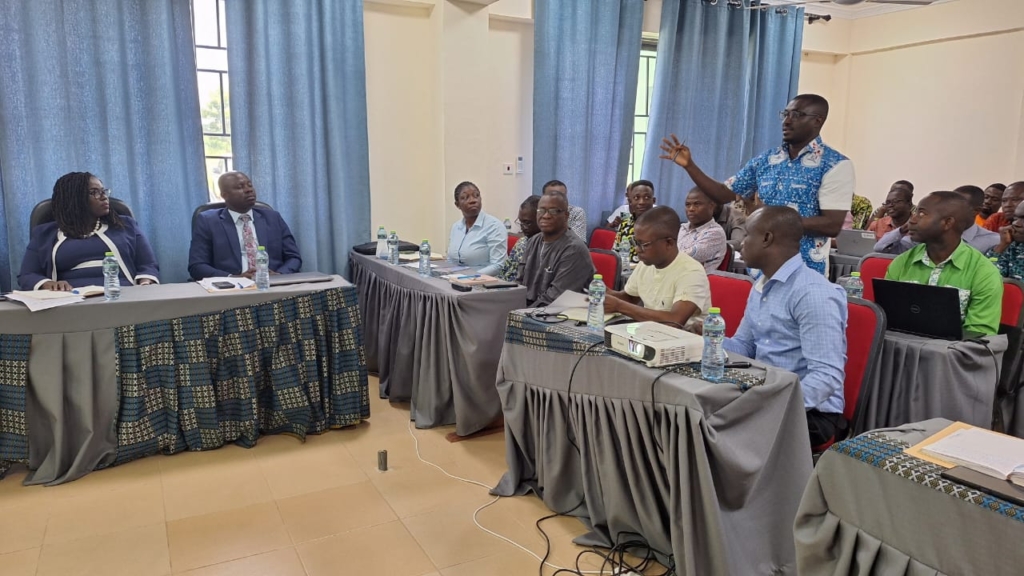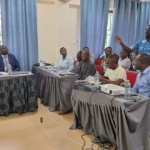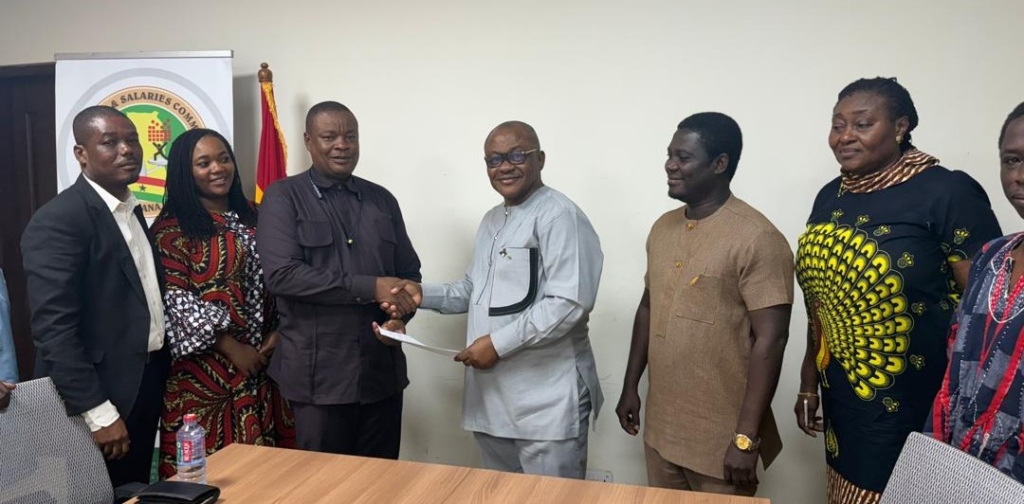Africa set to advance cancer care as UHAS launches postgraduate certificate programme
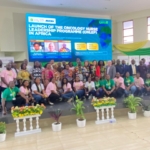
The University of Health and Allied Sciences (UHAS), in collaboration with its partners, has launched the Oncology Nurse Leadership Programme (ONLEP) – a postgraduate initiative aimed at enhancing cancer care across the African continent. The launch affirms the University’s commitment to promoting healthcare in Africa and contributing to the achievement of Sustainable Development Goal 3.
The programme was developed in partnership with the City Cancer Challenge Foundation (C/Can), the International Society of Nurses in Cancer Care (ISNCC), and Amgen, a pharmaceutical company. It aims to address the lack of investment in healthcare professionals providing cancer care – particularly oncology nurses – not only in C/Can cities but across Africa.
Prof. Lydia Aziato, Vice-Chancellor of UHAS and Project Lead, emphasised that the programme was driven by the need for strong leadership in cancer care and the goal of maintaining and enhancing the quality of cancer treatment on the continent.
“UHAS is poised to lead this partnership and aims to become a hub for leadership training for nurses, midwives, and other health professionals in Africa and beyond. The Oncology Nurse Leadership Programme is a catalyst for this dream,” Prof. Aziato stated.
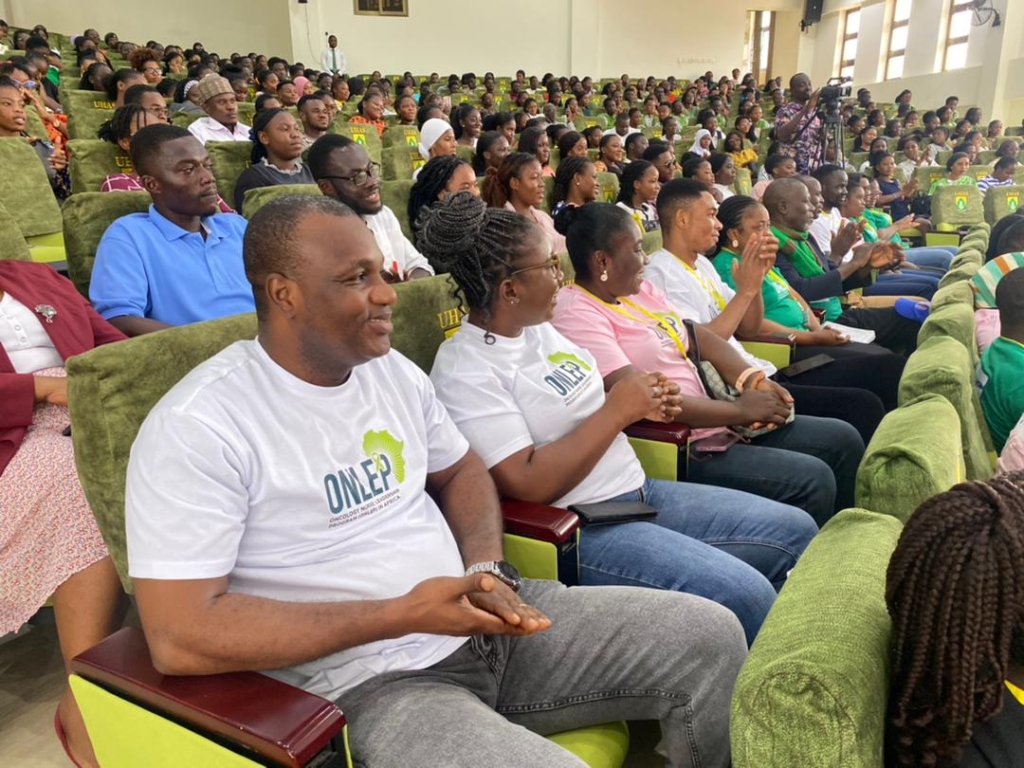
Investing in Nursing Leadership as a Driver of Sustainable Change
Martha L. Ordóñez, Global Programme Manager of C/Can, explained that ONLEP forms part of the foundation’s efforts to build the capacity of local healthcare professionals to lead change in the sector. She said the programme applies a transformational learning approach to equip nurses with leadership skills, knowledge, and confidence in the dynamic field of oncology.
“At City Cancer Challenge, we believe in strong local leadership. ONLEP is a testament to our commitment to investing in those at the heart of health systems: nurses. By empowering oncology nurses with the tools to lead, advocate, and innovate, we are not only strengthening cancer care in C/Can cities but across the African continent,” she said.
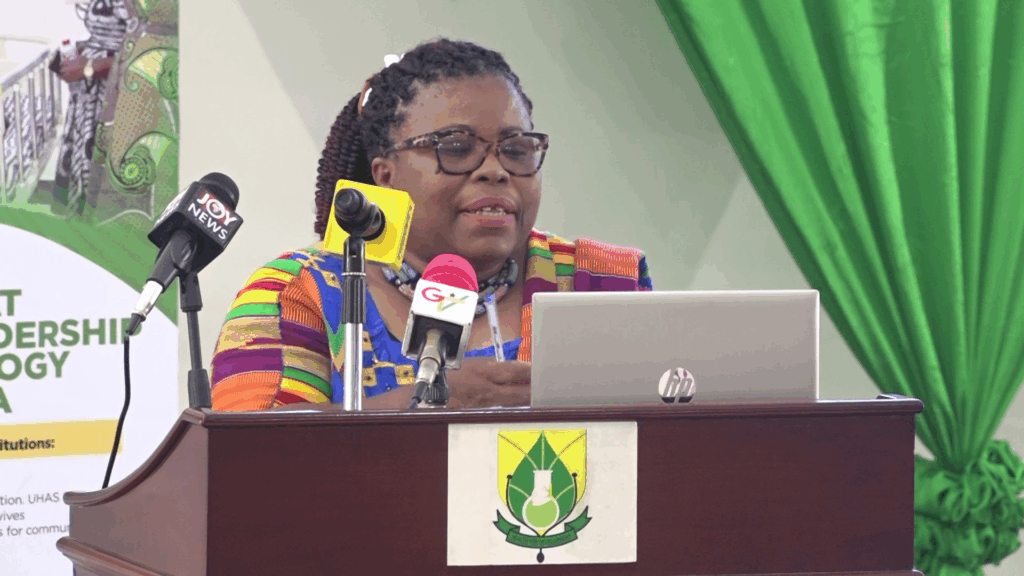
Corporate Commitment to Health Education
Sean Lybrand, Executive Director of Access to Healthcare at Amgen Inc., expressed excitement about the partnership, which aims to support oncology nurses with training to promote universal health coverage.
“To support oncology nurses across sub-Saharan Africa not only improves their skills and competencies; it also leads to better healthcare delivery and, in the medium term, better health outcomes. We are incredibly pleased to partner with UHAS, C/Can, and ISNCC on this key initiative,” he noted.
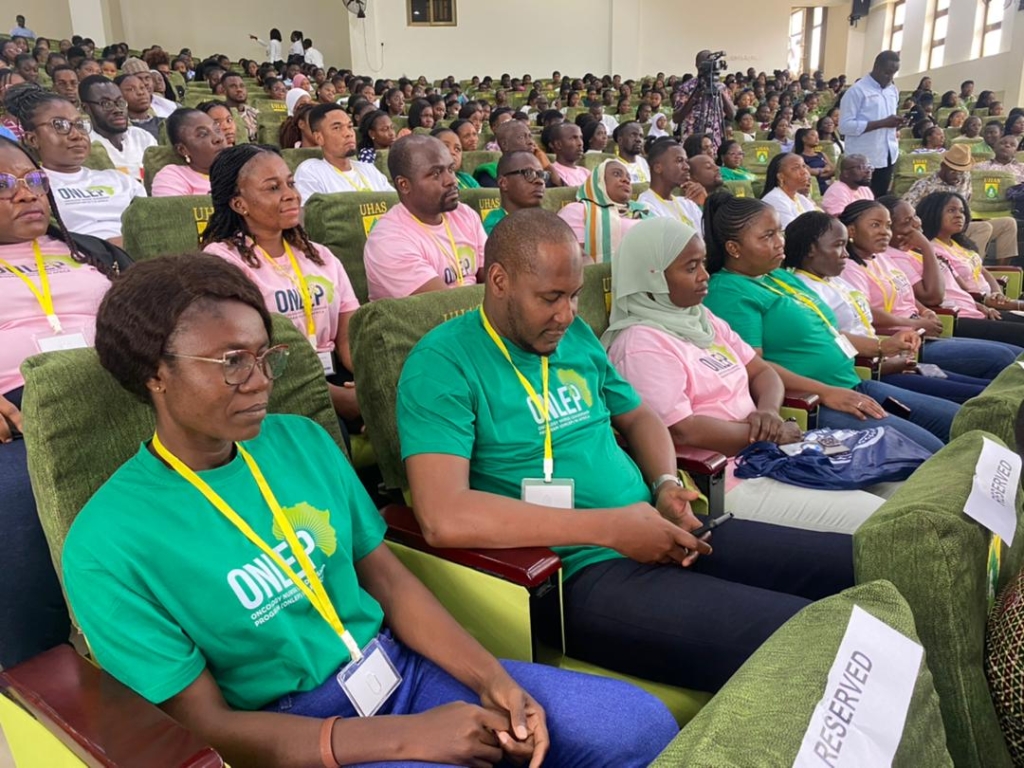
About the Oncology Nurse Leadership Programme (ONLEP)
The Oncology Nurse Leadership Programme seeks to empower oncology nurses as leaders to make a meaningful impact on cancer care delivery and patient outcomes. It aims to:
- Foster leadership development skills
- Promote clinical excellence
- Support professional growth
- Facilitate networking and collaboration
- Encourage research and evidence-based practice
- Nurture advocacy skills
ONLEP is a five-year programme, with the first year focused on designing the leadership curriculum and training the first cohort of 30 students, including 13 from C/Can cities. Subsequent years will train cohorts of 60 students each, with the fifth year focusing on a final group of 30.
The six-month certificate programme combines face-to-face and online learning, beginning with in-person sessions in the first and last weeks, while the interim period will be conducted online. Trainees must complete a leadership project within six months. Graduates will receive a Postgraduate Certificate in Oncology Nurse Leadership, awarded by UHAS and recognised across Africa and internationally.
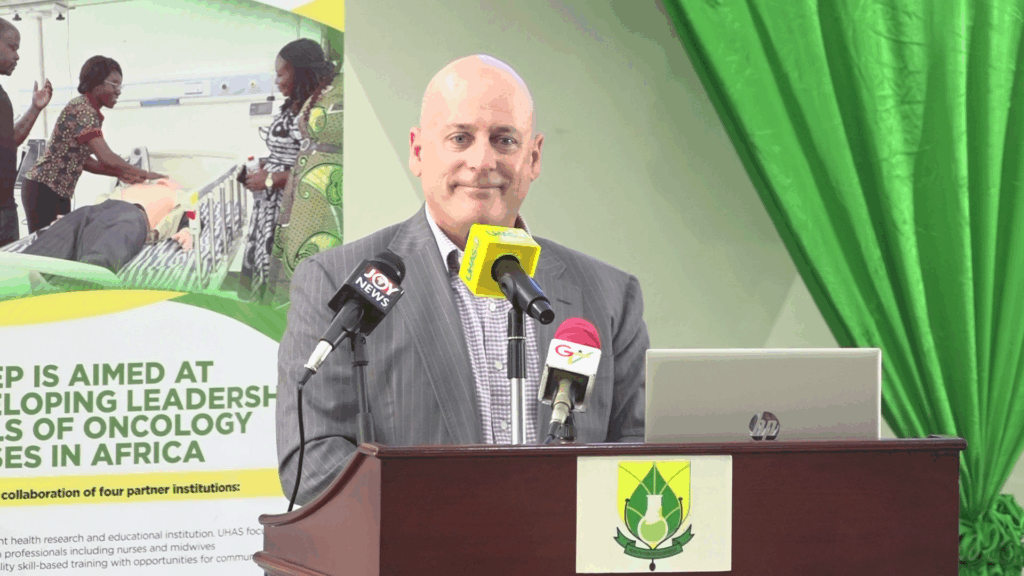
International Support
Prof. Winnie So, President of the ISNCC, stated that ONLEP aligns with the organisation’s mission to maximise the influence of nursing to reduce the global burden of cancer.
“ONLEP in Africa is a strategic step that builds the capacity of nurses to lead, advocate, and implement solutions that directly impact cancer prevention, treatment, survivorship, and palliative care outcomes,” he said.
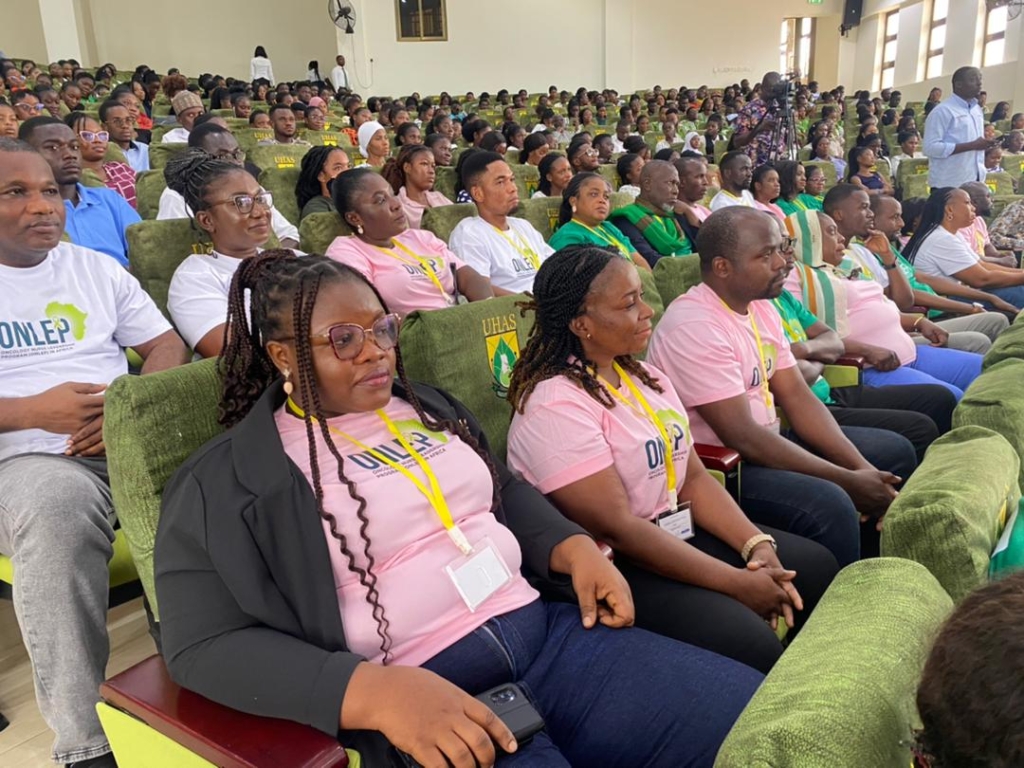
ONLEP’s First Cohort
The first cohort consists of 30 students from seven African countries: Ghana, Nigeria, Malawi, Rwanda, South Africa, Kenya, and Gambia. They will study modules such as:
- Foundations of Oncology Nurse Leadership
- Health Services Organisation
- Financial Management and Quality Assurance
- Psycho-oncology
- Stress and Change Management
- Networking and Collaboration
- Research and Evidence-Based Practice
- Policy and Advocacy
“This programme is more than just a learning experience. It’s a bridge connecting nurses from diverse backgrounds, empowering us to share our stories and learn from each other,” said Ejiaku Tochukwu Chiamaka, Cohort 1 Lead from Abuja, Nigeria.
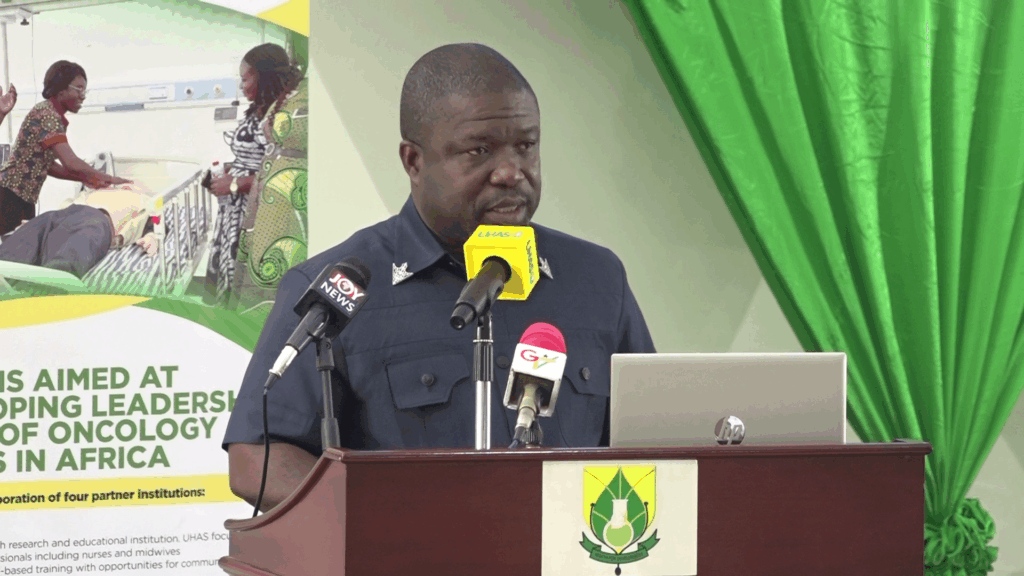
Government Endorsement
Volta Regional Minister, James Gunu, described the initiative as a complement to government efforts to improve cancer diagnosis and care, pledging his personal support for its success.
“ONLEP aligns precisely with Ghana’s 2025 budget priorities: building human capital and strengthening healthcare systems. It also supports the national cancer control plan and WHO’s broader objectives for improved screening, diagnosis, and treatment,” he said.
He added that while the Volta Region had benefited from e-health expansion, with 193 facilities now digitally connected, a gap remained in oncology nursing capacity, which ONLEP addresses.


